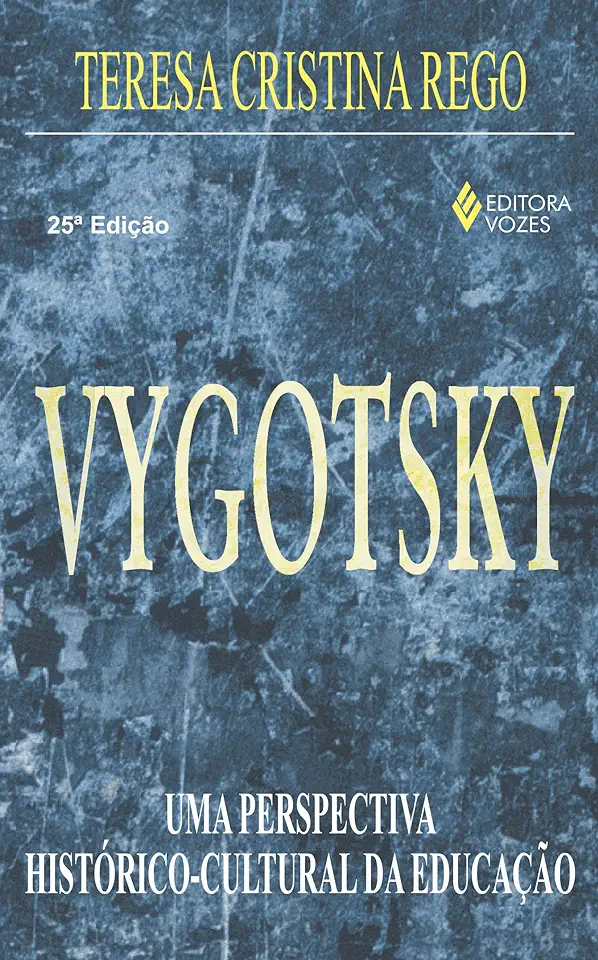
Vygotsky: A Sociohistorical Perspective on Education - Teresa Cristina Rego
Vygotsky: A Sociohistorical Perspective on Education
Introduction
Lev Vygotsky was a Russian psychologist who developed a sociohistorical theory of learning. He argued that learning is a social process that occurs through interaction with others. Vygotsky's theory has been influential in the field of education, and it has been used to develop new teaching methods that are more effective in promoting learning.
Vygotsky's Theory of Learning
Vygotsky believed that learning is a social process that occurs through interaction with others. He argued that children learn best when they are engaged in activities that are meaningful and relevant to their lives. Vygotsky also believed that learning is mediated by tools and symbols, such as language and writing.
The Zone of Proximal Development
One of the most important concepts in Vygotsky's theory of learning is the zone of proximal development (ZPD). The ZPD is the difference between what a child can do independently and what they can do with the help of a more knowledgeable person. Vygotsky believed that the ZPD is the optimal zone for learning, and he argued that teachers should focus on providing students with support and scaffolding within the ZPD.
Implications for Education
Vygotsky's theory of learning has a number of implications for education. First, it suggests that learning is a social process that occurs through interaction with others. This means that teachers should create opportunities for students to collaborate and learn from each other. Second, Vygotsky's theory suggests that learning is mediated by tools and symbols. This means that teachers should use a variety of teaching methods that engage students in meaningful and relevant activities. Third, Vygotsky's theory suggests that the ZPD is the optimal zone for learning. This means that teachers should focus on providing students with support and scaffolding within the ZPD.
Conclusion
Vygotsky's sociohistorical theory of learning is a powerful framework for understanding how learning occurs. It has been influential in the field of education, and it has been used to develop new teaching methods that are more effective in promoting learning. If you are interested in learning more about Vygotsky's theory, I encourage you to read this book.
Why You Should Buy This Book
This book is a comprehensive and accessible introduction to Vygotsky's sociohistorical theory of learning. It is written by a leading expert in the field, and it provides a clear and concise explanation of Vygotsky's theory. The book also includes a number of examples of how Vygotsky's theory can be applied in educational settings.
If you are a teacher, a student, or anyone else who is interested in learning more about Vygotsky's theory, I highly recommend this book. It is a valuable resource that will help you to understand how learning occurs and how to create learning environments that are more effective in promoting learning.